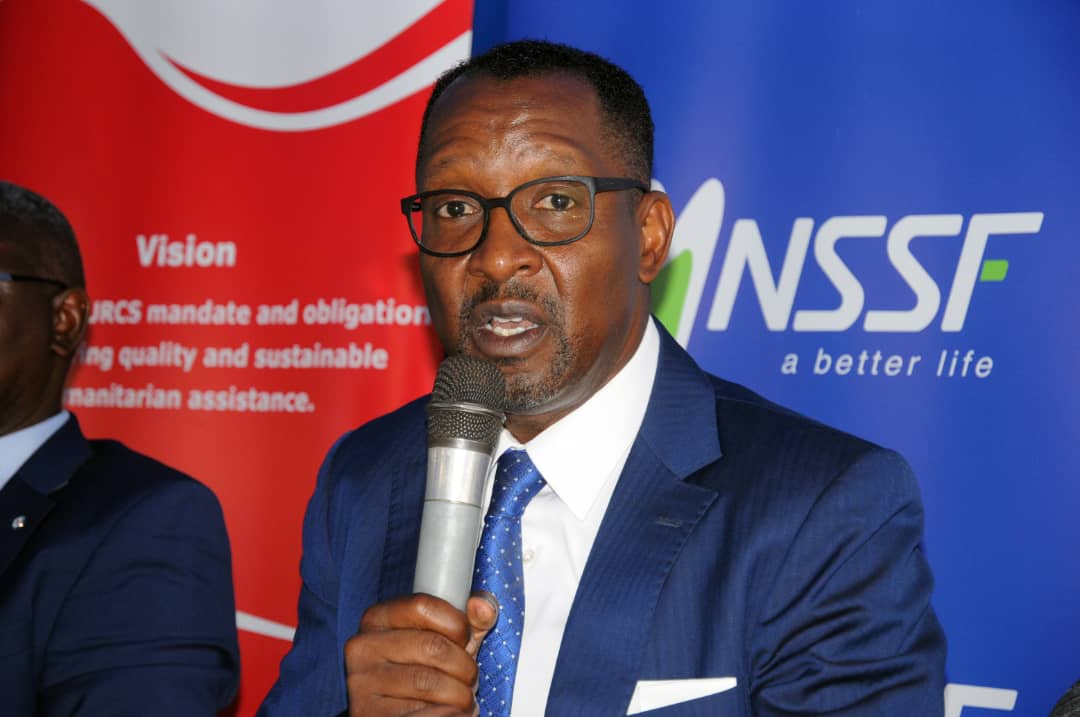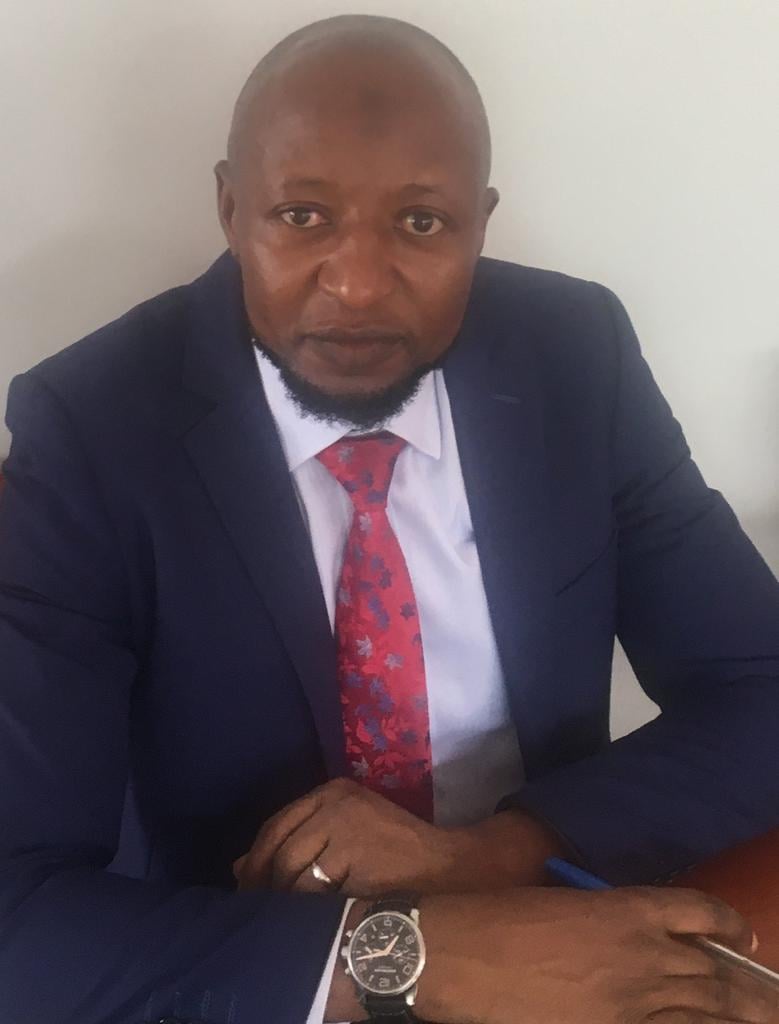
Musings of a confined mind: NSSF needs to rethink its relevance post Covid-19


Mukasa Sirajeh Katantazi
If life normalizes as we all hope it will post Covid-19, the National Social Security Fund (NSSF) will be running the fourth season of friends with benefits(FWB) campaign.
Their website specifically setup for this campaign will inform you that FWB is a financial literacy campaign aired on TV to showcase people who got their (emphasis mine) money from NSSF and have made prudent financial and investment ventures that are transforming their lives.
This was a brilliant marketing strategy by NSSF’s Management to drum up support and “give back” to its clients ( the winners walked away with Shs 55m in season 3 although the amount spent in crafting the episodes, airtime on the different TV stations, advertisements and paying the hosts and judges must surely dwarf this but that’s not my point today).
The name of the show has always bothered me a bit.
The term is used mainly by millennials to mean friends who trust each other enough to engage in sexual activity without fear of hurting each other’s feeling.
Glamour describes it as casual relationship not meant to build an intimate relationship,but rather one for just having fun and enjoying one another physically.
In other words no committing and each can see other people.
This is my confusion because it appears to be an endeavour in trying to force a friendship so that you can add sex as a benefit but with no strings attached.
Well some will rationalize this as free choice between two consenting adults. That too is not my point today.
When Covid-19 paralysed most workers’ incomes and a lockdown was announced, many savers and some MPs called on NSSF to remit part of their savings to navigate the troubled waters that the storm of C19 portended.
The leadership at NSSF was quick to issue a statement that there is no legal basis for the fund to release partial payments to savers.
The MD adding that the fund was created to provide a safety net in three cases namely old age ,permanent incapacitation and dependants of members in event of death.
A literal interpretation of this may justify such a reasoning but I contend that one could also apply the golden rule where the literal interpretation would lead to an absurdity.
What was the mischief that the framers intended to avoid and when does the security in social security come into play?
In any case if that be the case, it’s about time the law be amended to take into account such unprecedented disruptions in savers lifestyle.
And here is partly why.
Life expectancy for Ugandans according to World Health Organisation (WHO) is on average 62.5 years (placing Uganda at rank 159) yet retirement age ( when you can begin pursuing your savings) is 55 years or 50 years for early retirement as per NSSF Act and 60 years from Public service.
Factor in time to process this money and by now you get my argument.
The high cost of administration and governance structure (Government hovers over the board like a floating swarm of locusts) leading to lack of independence and accountability to members but rather to the appointing authority.
The board’s investments have been mainly in illiquid housing making negative returns. (Workers House , Buildings in Mbarara and Jinja and many other places and the colossal Pensions Tower under construction)
The law should be reformed to provide for academic and professional qualifications of Board members and the system of appointment ought to be subject to parliamentary vetting.
Members should also be able to access their funds in cases of emergencies beyond the limits set by the law as it is.
The sector should be liberalised to encourage private sector player get involved.
We now have a number of private occupational retirement schemes which are really provident funds established under the Uganda Retirements Benefits Regulatory Authority Act ,2011 and many private sector players are choosing this because the employer as a sponsor can choose their terms especially to avoid the high contributions rates which is a disincentive.
Ironically ,if one dies from C19 related complications, his dependants can claim benefits but he/she is excluded from accessing the very funds he/she spent a lifetime sweating for since the law didn’t foresee this.
The same funds that could probably have saved his/her life ?
Kamunguluze just and the relevance of this baffles me and then all the resistance to private pension is probably a calculated move.
FWB indeed you can contribute your lifetime but no commitment until you’re too old. Who would want to give up such vast sums of money inaccessible until one is retired and probably expired.
Tune in to FWB season 4 …to be continued.
The post Musings of a confined mind: NSSF needs to rethink its relevance post Covid-19 appeared first on Nile Post.
0 Response to "Musings of a confined mind: NSSF needs to rethink its relevance post Covid-19"
Post a Comment